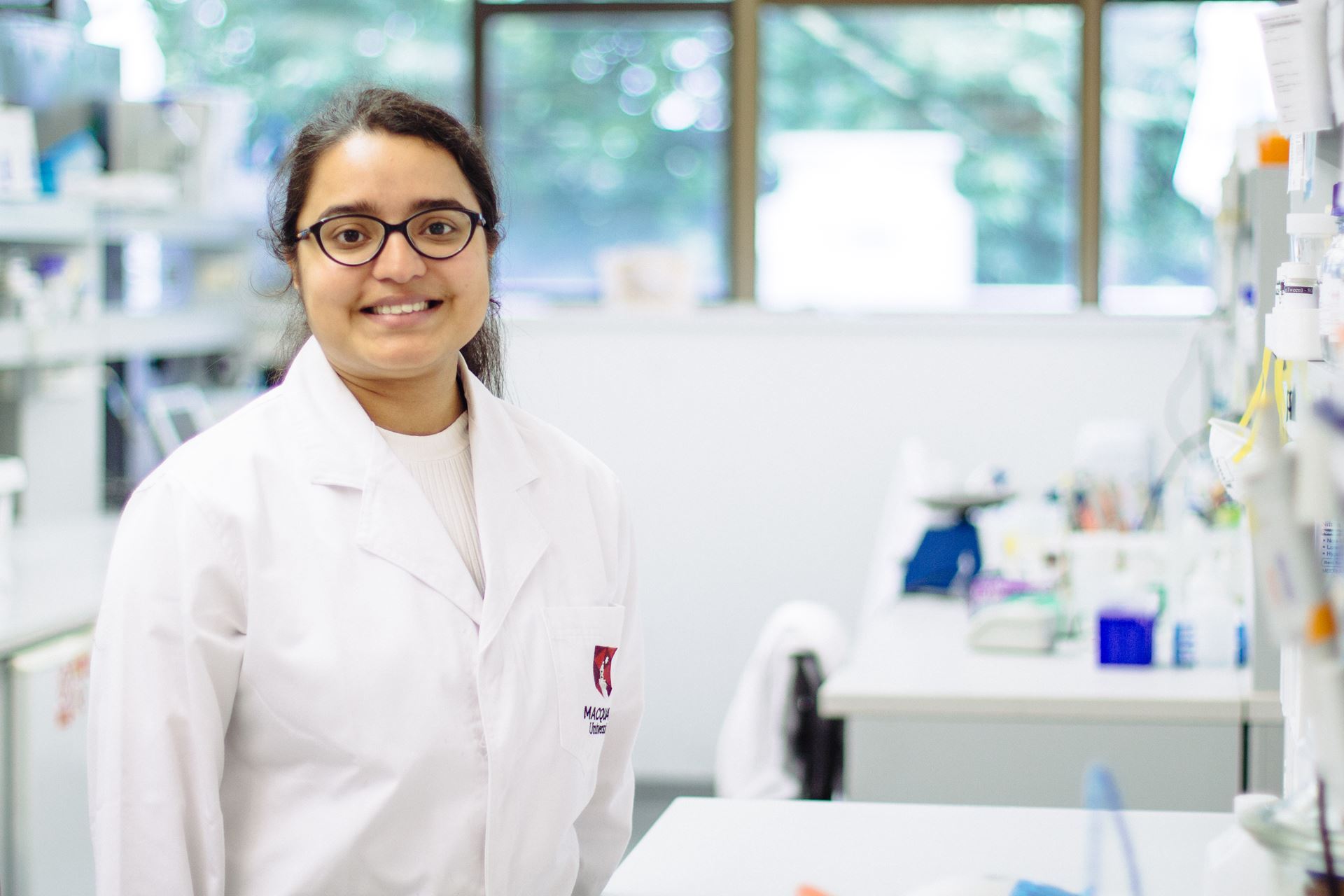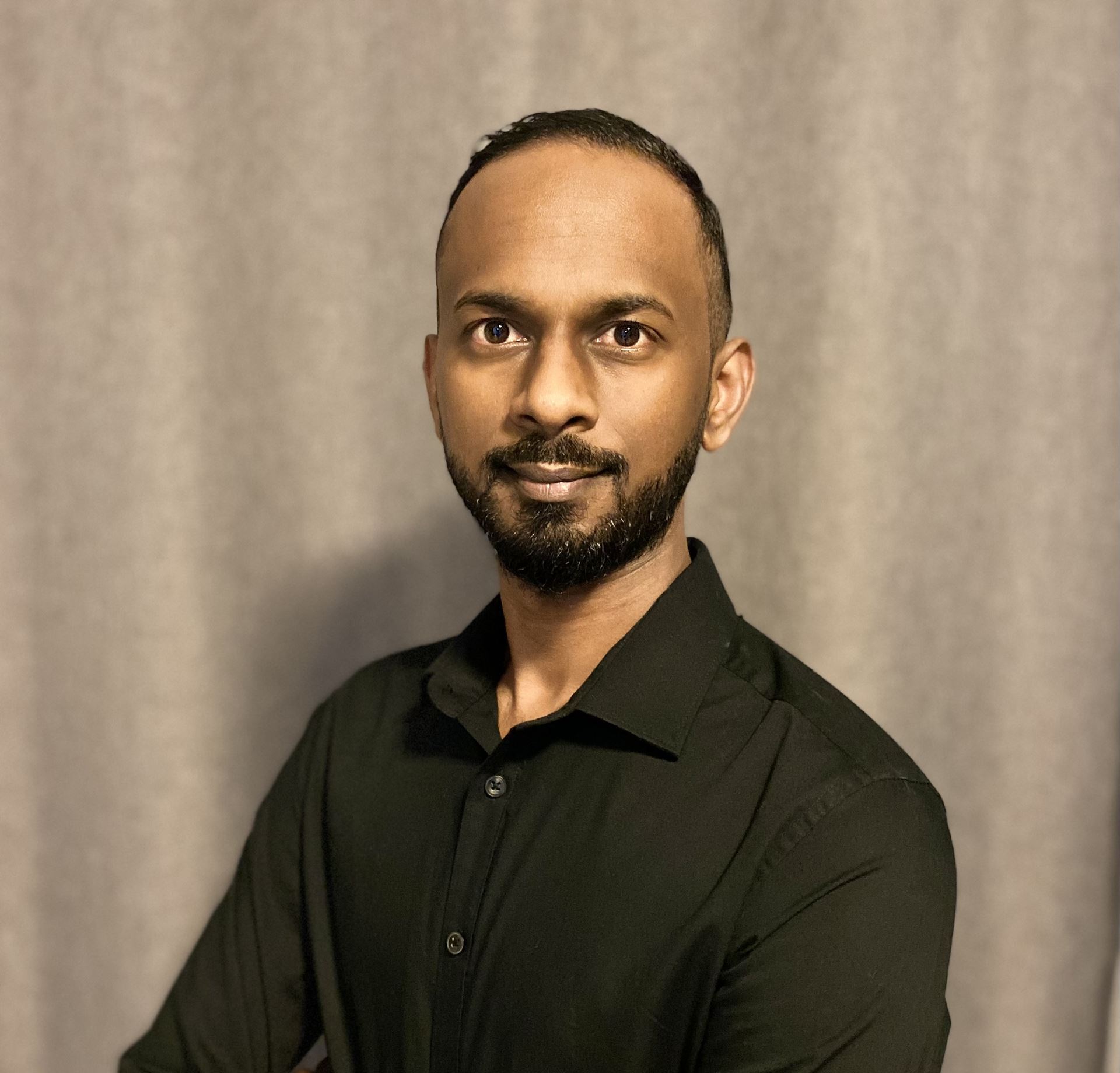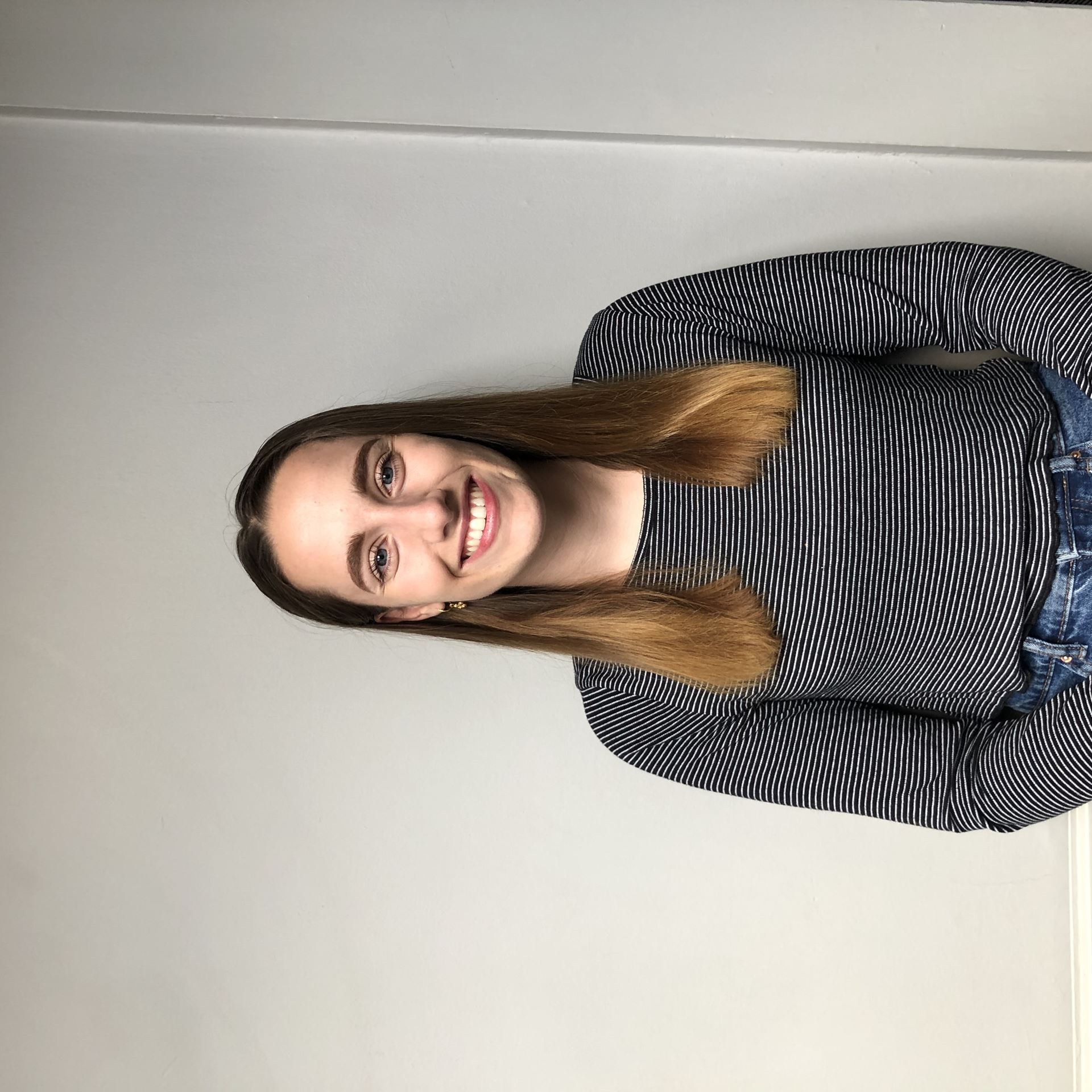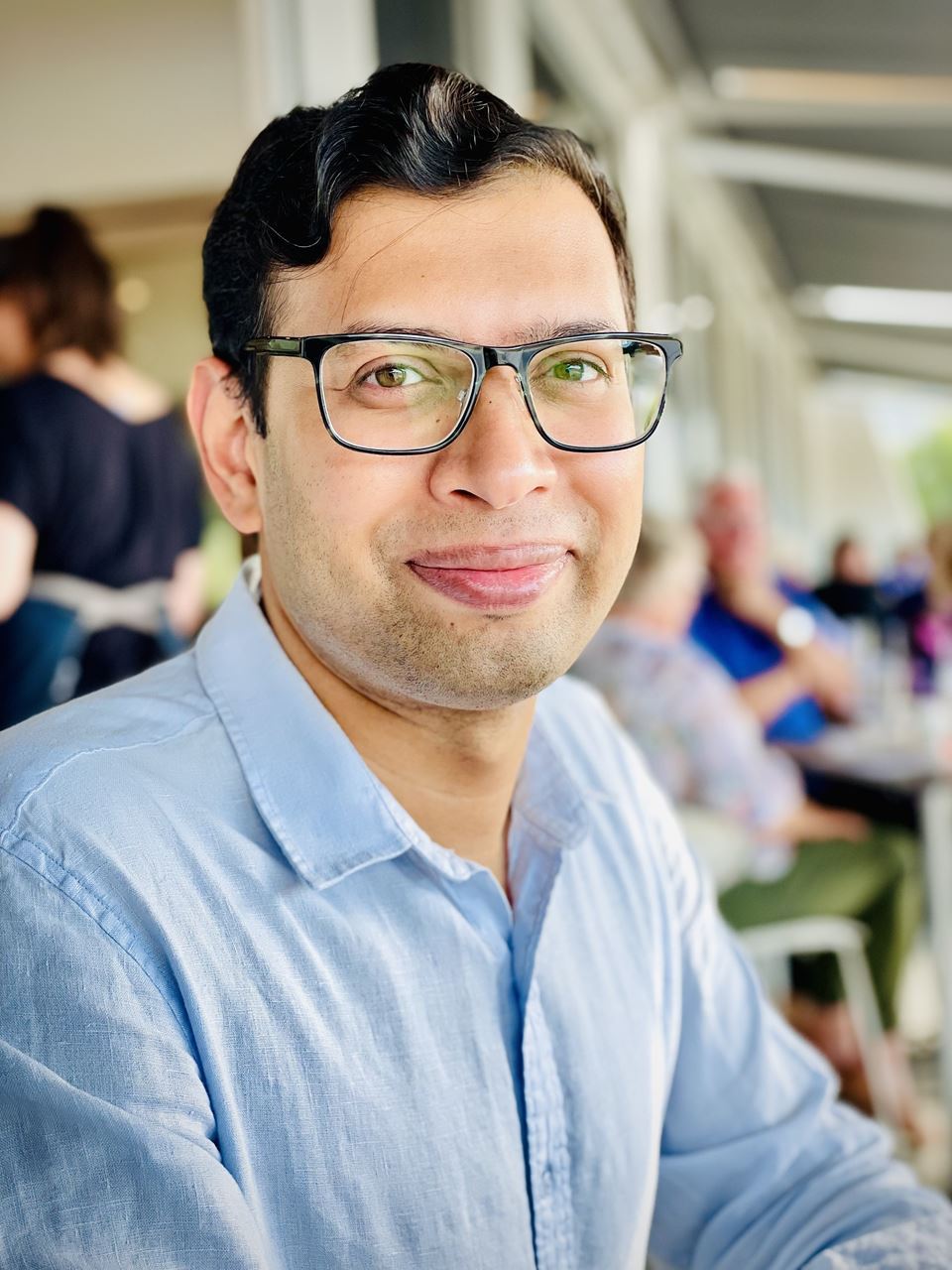The ECR is delighted to welcome several new members from all over the world. They will play key organizing roles in ECR activities such as mentoring sessions, networking hours, online panel discussions, competitions and more.
 Dr. Sayantani Chatterjee is a Post-Doctoral Associate in Prof. Joseph Zaia’s research group in Boston University School of Medicine in Boston, Massachusetts, USA. Her current research focuses on exploring viral glycoproteomics, particularly of influenza and SARS-CoV-2 viruses, using high-throughput mass spectrometry, to aid in the development of effective therapeutics. Previously, she completed her PhD under the supervision of Dr. Morten Thaysen-Andersen from Macquarie University, Sydney, Australia where she investigated the structure, function, and involvement of mannose-terminating glycoproteins in cancer, innate immunity and pathogenic infections.
Dr. Sayantani Chatterjee is a Post-Doctoral Associate in Prof. Joseph Zaia’s research group in Boston University School of Medicine in Boston, Massachusetts, USA. Her current research focuses on exploring viral glycoproteomics, particularly of influenza and SARS-CoV-2 viruses, using high-throughput mass spectrometry, to aid in the development of effective therapeutics. Previously, she completed her PhD under the supervision of Dr. Morten Thaysen-Andersen from Macquarie University, Sydney, Australia where she investigated the structure, function, and involvement of mannose-terminating glycoproteins in cancer, innate immunity and pathogenic infections.
 Ireshyn Govender is a senior researcher in the Molecular Diagnostics and Omics group at the Council for Scientific and Industrial Research (CSIR), South Africa. He started his career at CSIR in 2013 as a candidate researcher, where his research focused on clinical proteomics in HIV/AIDS-based precision medicine. His Ph.D. was completed in 2019 at the University of the Witwatersrand. Ireshyn is also an application specialist at ReSyn Biosciences where he develops novel sample preparation workflows for biofluid-based clinical proteomics. He is a member of clinical research groups that use proteomics to address diseases that are prominent in South Africa and underrepresented populations by identifying prognostic and/or diagnostic protein biomarker panels. He is also an executive committee member of the South African Association for Mass Spectrometry (SAAMS).
Ireshyn Govender is a senior researcher in the Molecular Diagnostics and Omics group at the Council for Scientific and Industrial Research (CSIR), South Africa. He started his career at CSIR in 2013 as a candidate researcher, where his research focused on clinical proteomics in HIV/AIDS-based precision medicine. His Ph.D. was completed in 2019 at the University of the Witwatersrand. Ireshyn is also an application specialist at ReSyn Biosciences where he develops novel sample preparation workflows for biofluid-based clinical proteomics. He is a member of clinical research groups that use proteomics to address diseases that are prominent in South Africa and underrepresented populations by identifying prognostic and/or diagnostic protein biomarker panels. He is also an executive committee member of the South African Association for Mass Spectrometry (SAAMS).
 Charlotte Hutchings is a PhD student in Kathryn Lilley's laboratory at the University of Cambridge. Having completed her BSc and MSc at Imperial College London, Charlotte's primary interest lies in the optimization of gene therapy vectors. It was this interest that led Charlotte to enter the world of proteomics where she now applies novel spatial proteomics methods to understand the mechanism by which adeno-associated viral vectors (used in approved gene therapies) are secreted from HEK293 producing cells. The aim of this work is to optimize the manufacturing of such vectors in collaboration with AstraZeneca. Outside of her project, Charlotte participates in public outreach events and acts as a STEM Ambassador for the North East region of England. She is also a member of the British Society for Proteome Research and the Biochemical Society and is continuing to expand her network.
Charlotte Hutchings is a PhD student in Kathryn Lilley's laboratory at the University of Cambridge. Having completed her BSc and MSc at Imperial College London, Charlotte's primary interest lies in the optimization of gene therapy vectors. It was this interest that led Charlotte to enter the world of proteomics where she now applies novel spatial proteomics methods to understand the mechanism by which adeno-associated viral vectors (used in approved gene therapies) are secreted from HEK293 producing cells. The aim of this work is to optimize the manufacturing of such vectors in collaboration with AstraZeneca. Outside of her project, Charlotte participates in public outreach events and acts as a STEM Ambassador for the North East region of England. She is also a member of the British Society for Proteome Research and the Biochemical Society and is continuing to expand her network.
 Santosh Misal is a Proteomics Scientist at the Laboratory of Malaria, Immunology, and vaccinology (LMIV), National Institute of Allergy and Infectious Diseases (NIAID), National Institutes of Health (NIH), Bethesda MD, USA. He manages a small proteomics facility and provides support to the LMIV investigators for the malaria biomarker discovery and vaccine development pipeline. He utilizes various proteomics approaches including chemical labeling, crosslinking, and single-cell protein analysis to identify parasite protein targets for vaccine development. Before joining NIH, he was a postdoctoral scientist at Brigham Young University and Indiana University Bloomington. Santosh obtained his Ph.D. degree in Biochemistry from Savitribai Phule Pune University, India with a strong interest in protein analysis.
Santosh Misal is a Proteomics Scientist at the Laboratory of Malaria, Immunology, and vaccinology (LMIV), National Institute of Allergy and Infectious Diseases (NIAID), National Institutes of Health (NIH), Bethesda MD, USA. He manages a small proteomics facility and provides support to the LMIV investigators for the malaria biomarker discovery and vaccine development pipeline. He utilizes various proteomics approaches including chemical labeling, crosslinking, and single-cell protein analysis to identify parasite protein targets for vaccine development. Before joining NIH, he was a postdoctoral scientist at Brigham Young University and Indiana University Bloomington. Santosh obtained his Ph.D. degree in Biochemistry from Savitribai Phule Pune University, India with a strong interest in protein analysis.
 Sri Ramarathinam has over 15 years of cumulative experience in proteomics and immunopeptidomics. After completing Master of Biotechnology from RMIT University, he worked as a Research Assistant at the University of Melbourne for four years in proteomics, before completing PhD in HIV immunobiology from Monash University. He is currently working as a post-doctoral research fellow at the immunopeptidomics lab headed by Prof Tony Purcell at Biomedicine Discovery Institute (Monash). His research interests include development of new methodologies to address questions in virology, antigen processing and presentation, cancer and autoimmunity. He is also passionate about ECR well-being and is part of institute- and faculty-level ECR committees.
Sri Ramarathinam has over 15 years of cumulative experience in proteomics and immunopeptidomics. After completing Master of Biotechnology from RMIT University, he worked as a Research Assistant at the University of Melbourne for four years in proteomics, before completing PhD in HIV immunobiology from Monash University. He is currently working as a post-doctoral research fellow at the immunopeptidomics lab headed by Prof Tony Purcell at Biomedicine Discovery Institute (Monash). His research interests include development of new methodologies to address questions in virology, antigen processing and presentation, cancer and autoimmunity. He is also passionate about ECR well-being and is part of institute- and faculty-level ECR committees.


.png)